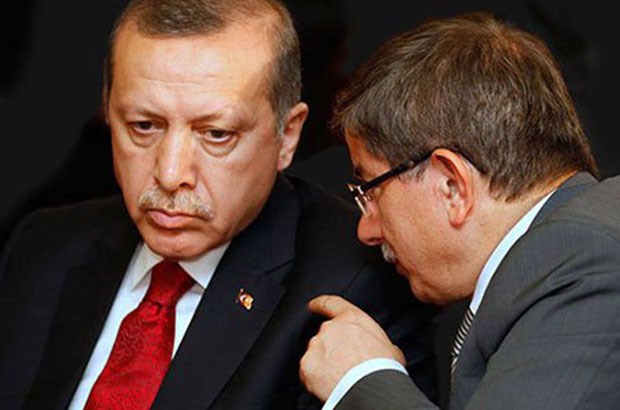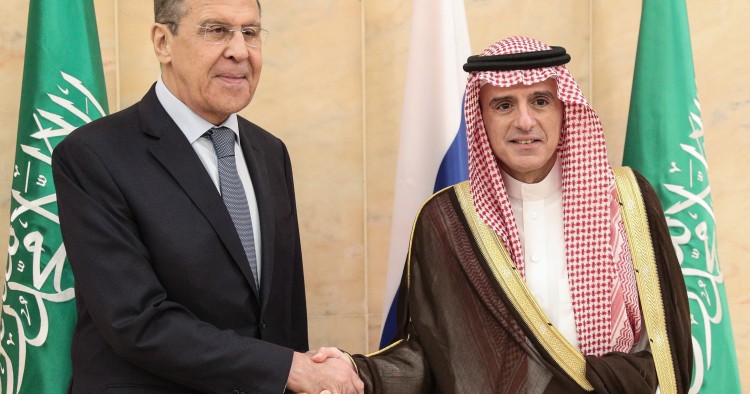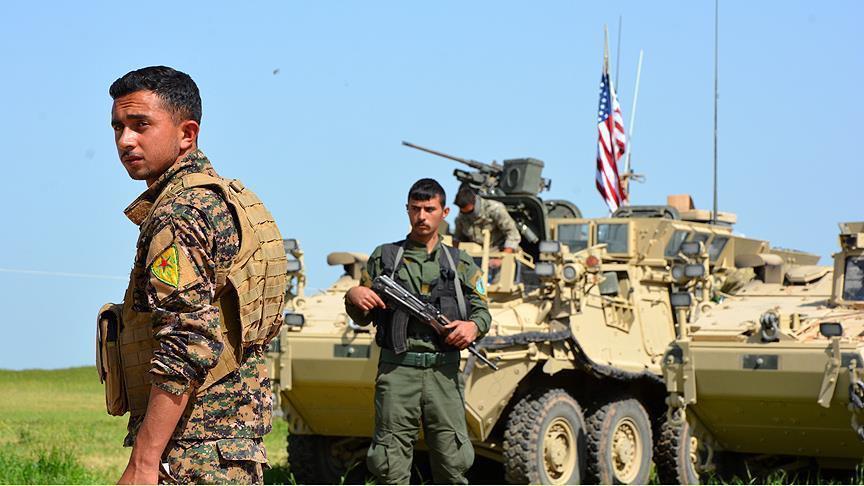The civil war in Yemen that erupted in 2014 rapidly became a proxy fight, with the Saudi-led military coalition squaring off against the Iranian-backed Houthi rebels, who have seized control of much of the western part of the country, including many of the major population centers. As a result, Yemen’s civil war has generated long-term geopolitical turmoil that extends well beyond the Gulf, drawing regional and global powers into the conflict. Russia in particular is playing a growing role of late, and as the war drags on with no end in sight, it continues to expand its footprint in the country. As it has in Syria, Russia seems to be outmaneuvering the West in Yemen.
Moscow maintains close contact with all sides of the conflict and has offered its assistance in working toward a resolution, even as it pursues its own military, commercial, and maritime interests. Russia’s growing involvement in Yemen was partially prompted by the failure of the U.S, France, the U.K, and the Saudi-led coalition to resolve the conflict, and Moscow has assumed a greater role as a mediator between the Houthi separatists and the internationally recognized Hadi government. In January 2018, Abdulmalik al-Mekhlafi, Yemen’s foreign minister, went to Moscow to meet with Sergey Lavrov, his Russian counterpart. The Russian government has also previously hosted informal discussions with Yemeni political factions backed by both Saudi Arabia and Iran, including a Houthi delegation to Moscow in February 2015. Continue reading







